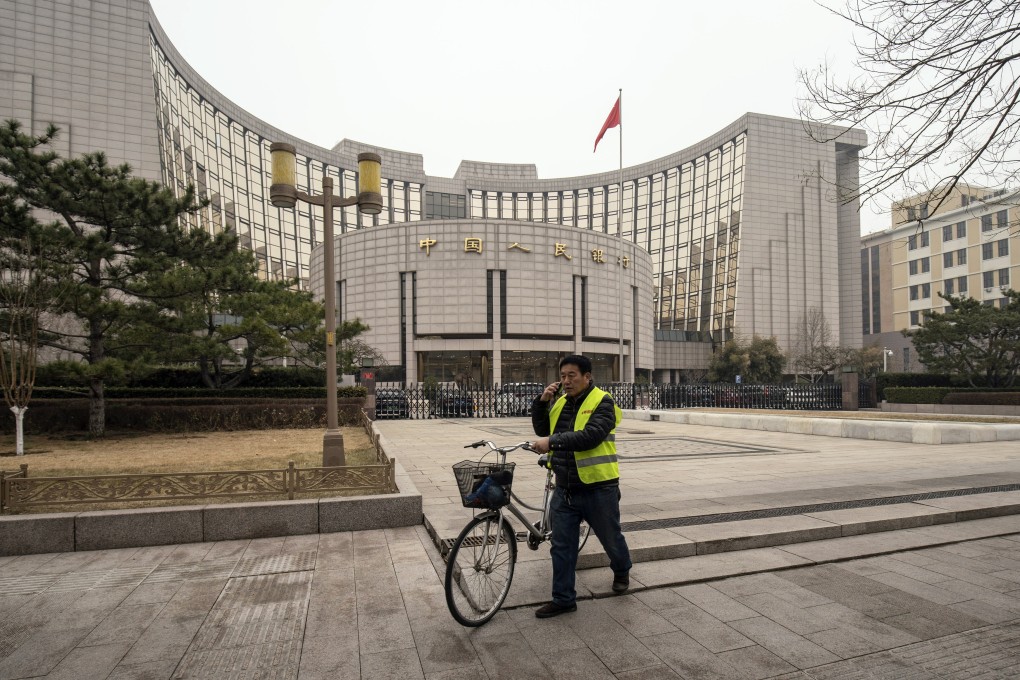China vows to crack down on high-risk banks as economy’s post-coronavirus rebound slows
- Chinese regulators are launching a financial ‘de-risking’ campaign including anti-corruption investigations and macroprudential stress tests
- Beijing is concerned about the rising number of bad assets from China’s years-long economic slowdown and the pandemic shock last year

Chinese regulators say they will “spare no effort” as part of a clamp down on high-risk financial institutions, including using targeted anti-corruption investigations, amid a flush of liquidity generated by coronavirus-related stimulus and increased fiscal spending.
The move to tighten oversight of lending institutions follows an undertaking last Friday by the 25-member Politburo – the Communist Party’s top decision-making body – to maintain the “continuity, stability and sustainability of macro policies” for the rest of the year as the economy’s post-pandemic rebound slows.
Following their midyear work conferences on Friday, China’s central bank and the China Banking and Insurance Commission (CBRIC) both said authorities would launch a “de-risking” campaign involving anti-corruption investigations, the assessment of countercyclical capital buffers, and macroprudential stress tests.
We must spare no effort in preventing and tackling financial risks
“We must spare no effort in preventing and tackling financial risks,” the banking regulator said.